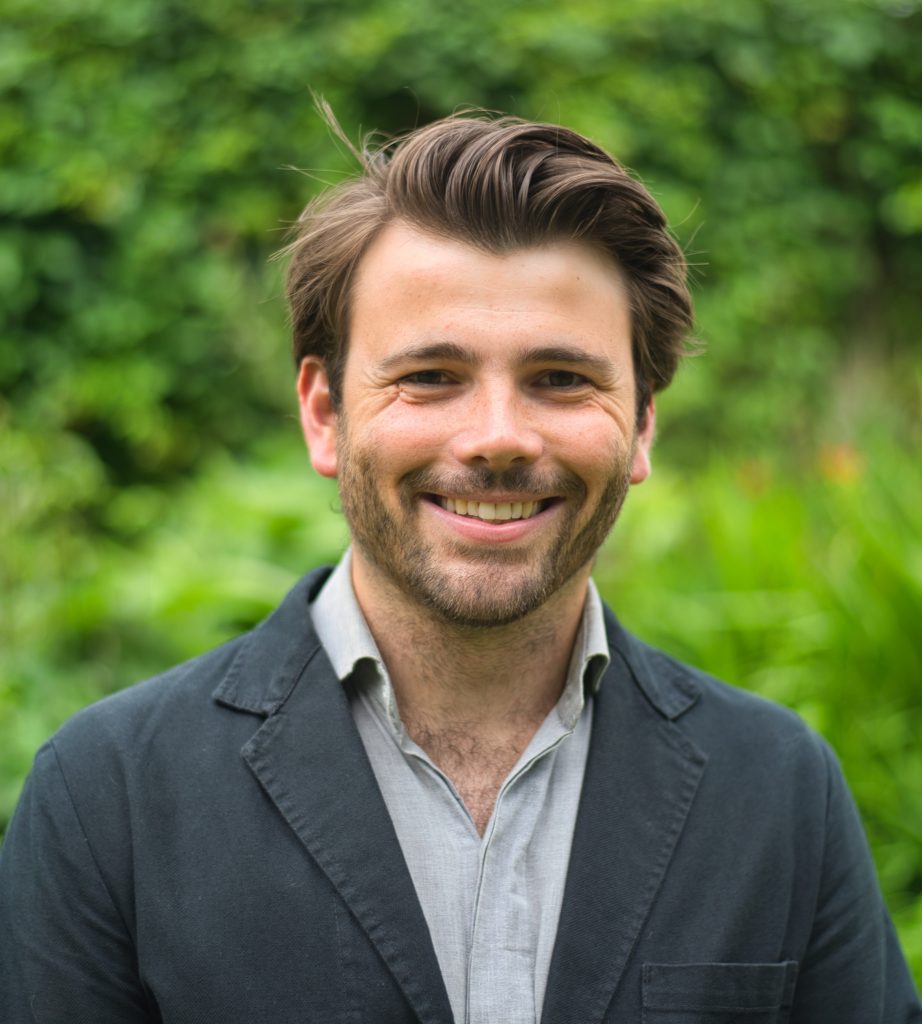Introduction
Having attended my local comprehensive school and sixth-form college, I read History and French at St Hilda’s College, Oxford (2013–17), followed by a MSt in French at St Catherine’s College, Oxford (2019) and a PhD in French at Clare College, Cambridge (2019–23). I am pleased to be returning to Oxford in 2024 to take up the position of Stipendiary Lecturer in French at Queen’s.
Teaching
I teach French literature of the nineteenth, twentieth, and twenty-first centuries to first- and second- year students of French (Papers III, IV, and VIII), as well as literary translation and critical theory. For Paper VIII (the second-year period paper), I encourage students to read across a range of literary works written in French since the revolutionary upheavals of the late-eighteenth and early-nineteenth centuries. In tutorials, I am particularly interested to explore how contemporary critical concerns (e.g. analyses of coloniality/colonialism, modernity, ecology, and gender) change the ways in which we understand literary history, and what happens to those concerns when they pass through sustained analysis of literary texts and their contexts.
Research
My research investigates how novels published at the centre of the collapsing French empire (c. 1944–1979) deal with the promises and devastations of an advancing modernity. My PhD argued that experiments with the French novel between 1957 and 1966 configured everyday life as a ground of human existence and a resource for ethical enquiry. Through close readings of four novels – Michel Butor’s La Modification (1957), Georges Perec’s Les Choses (1965), Nathalie Sarraute’s Le Planétarium (1959), and Marguerite Duras’s Le Vice-Consul (1966) – I argued for the significance of narrative fiction in the development of a conceptual history of everyday life, and particularly for its capacity to reflect on the conditions of possibility for thinking ethics through everydayness. My postdoctoral project will explore the notion that the postwar period in metropolitan France was marked by an historically unprecedented set of conditions for living well. Through the close reading of literary fiction, I am seeking to recover structures of feeling whose relation to major historico-philosophical concepts – optimism, solidarity, coloniality (e.g.) – challenge the historiographical commonplace according to which France experienced ‘thirty glorious years’ after the war.
